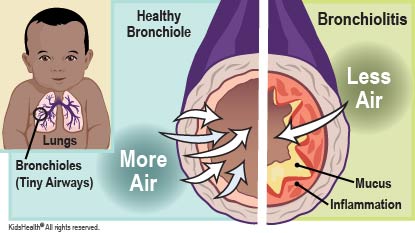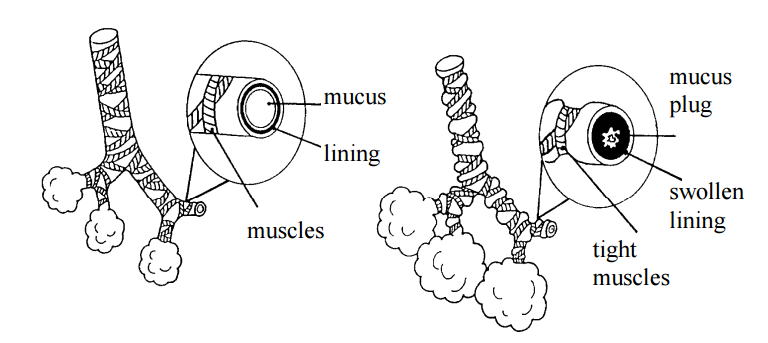what is rsv in babies in spanish
Respiratory Syncytial Virus RSV is a respiratory virus that infects the lungs and breathing passages. Respiratory syncytial sin-SISH-ul virus can also infect adults.
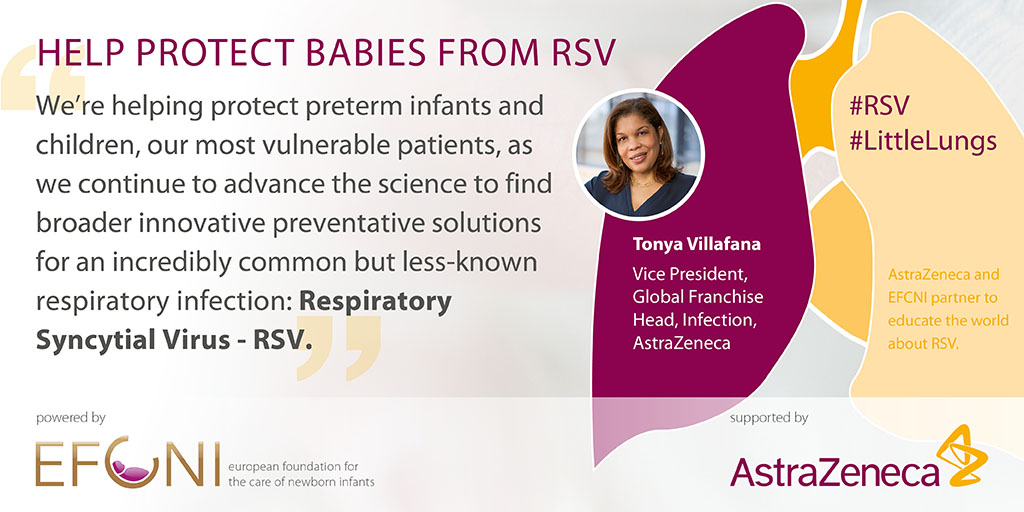
Respiratory Syncytial Virus Rsv In Preterm And Ill Infants Efcni
SYNAGIS 50 mg and 100 mg for injection is a prescription medication that is used to help prevent a serious lung disease caused by respiratory syncytial virus RSV in children.
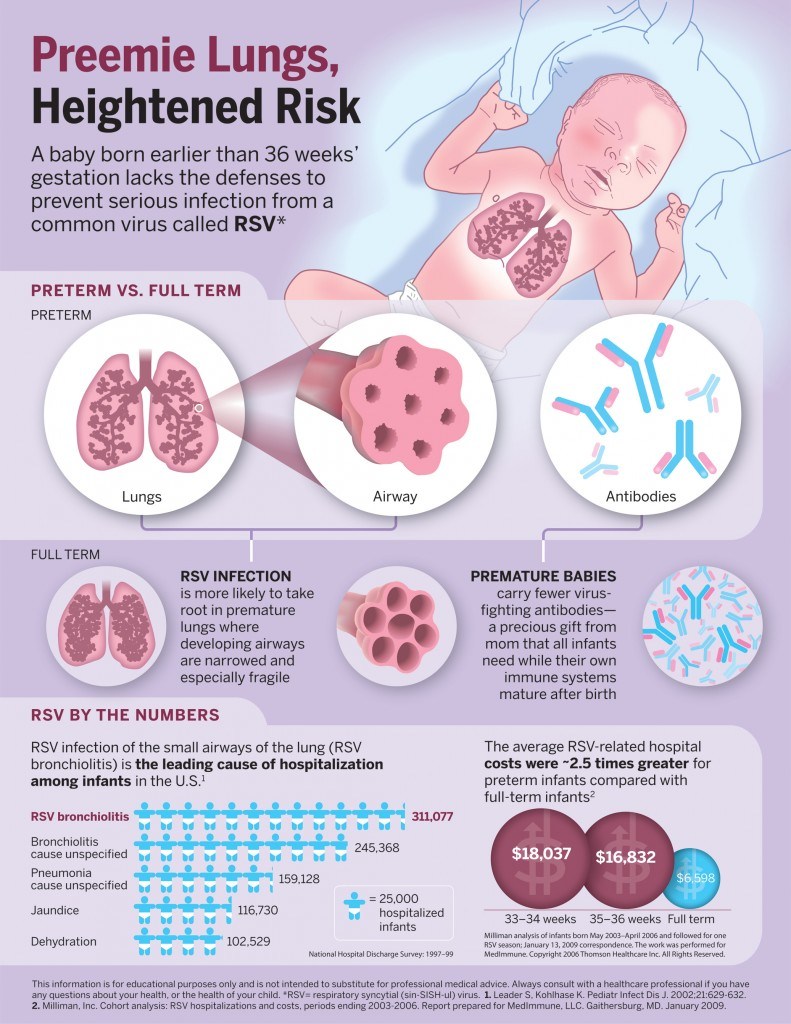
. Respiratory syncytial virus RSV is a common cause of lower respiratory tract infection in infants. RSV in Infants and Young Children Español Spanish RSV can be dangerous for some infants and young children. What Is Respiratory Syncytial Virus RSV.
Its the most common cause of inflammation of the small airways in the lungs bronchiolitis and pneumonia in babies. What is RSV. El virus sincitial respiratorio su sigla en inglés es RSV es la causa más frecuente de bronquiolitis inflamación de la vías respiratorias inferiores y neumonía en los bebés.
Respiratory syncytial virus or RSV is a virus that causes respiratory infections. Each year in the United States an estimated 58000 children younger than 5 years old are hospitalized due to RSV infection. It commonly causes bronchiolitis inflammation of the lower airways and pneumonia in children and infants.
Respiratory syncytial sin-SISH-uhl virus or RSV is a common respiratory virus that usually causes mild cold-like symptoms. The virus infects the lungs and breathing passages. Respiratory syncytial sin-SI-shul virus or RSV is a common respiratory virus that infects the lungs and breathing passages.
Some of the youngest afflicted with RSV can just show poor feeding irritability and breathing difficulties. Its the most common cause of inflammation of the small airways in the lungs bronchiolitis and pneumonia in babies. Although typically mild RSV can lead to bronchiolitis brong-kee-oh-LAHY-tis an inflammation of the small.
Respiratory Syncytial Virus RSV in Children. These symptoms usually crop up in stages. This virus occurs in the late fall through early spring months but can vary in different parts of the country.
En los Estados Unidos el VRS es. Respiratory syncytial sin-SISH-ul virus RSV is a major cause of respiratory illness in young children. What is respiratory syncytial virus RSV in children.
In the United States RSV is more common during the winter and spring months. What Are the Signs Symptoms of Respiratory Syncytial Virus. Infections peak in late autumn or winter in NSW.
Most people recover in a week or two but RSV can be serious especially for infants and older adults. Virus respiratorio sincitial VRS Respiratory Syncytial Virus El virus respiratorio sincitial VRS es un organismo viral que puede provocar infecciones en las vías respiratorias altas y bajas. It usually causes mild cold-like symptoms.
Its so common that most children have been infected with the virus by age 2. In fact its one of the viruses that can cause a cold. Most adults and many older children with RSV infection only get a cold.
The virus is highly contagious causes upper respiratory infections - similar to the common cold - and can lead to lower respiratory infections like pneumonia and bronchiolitis inflammation of the small airways of the lungs. But it can cause serious lung infections especially in infants older adults and people with serious medical problems. Anyone can be infected but RSV most often causes serious illness in infants and very young children.
Es una enfermedad que suele presentarse en brotes epidémicos anuales en diferentes comunidades aulas escolares y guarderías. In some people RSV infection moves down into the lungs causing acute bronchiolitis an. In adults and older healthy children RSV symptoms are mild and typically mimic the common cold.
Spanish What Is Respiratory Syncytial Virus. Respiratory syncytial virus or RSV is a common respiratory virus. Infants with RSV infection are more likely to get bronchiolitis with wheezing and difficulty breathing.
Illness is common in children under 2 years of age. Respiratory syncytial virus RSV is an enveloped RNA virus in the same family as the human parainfluenza viruses and mumps and measles viruses. It usually causes a mild cold-like illness upper respiratory infection.
RSV or respiratory syncytial virus is one of the many viruses that cause respiratory illnessillnesses of the nose throat and lungs. Respiratory syncytial virus or RSV infection is a respiratory illness caused by a virus. The virus can give children a cough and a fever and sometimes wheezing.
RSV is a common childhood respiratory virus that mostly afflicts young children often under the age of 5. Kids with RSV might have cold symptoms such as. Respiratory syncytial virus RSV causes infections of the lungs and respiratory tract.
Born prematurely at or before 35 weeks and who are 6 months of age or less at the beginning of RSV season. RSV is a viral illness that causes symptoms such as trouble breathing. RSV is the most common cause of bronchiolitis inflammation of the small airways in the lung and pneumonia infection of the lungs in.
Find out more about RSV and learn how to recognize the signs in infants and babies as well as how the infection can be treated. RSV is a viral illness that causes symptoms such as trouble breathing. Who gets RSV infection.
Of those older adults the virus accounts for 14000 deaths. Respiratory Syncytial Virus Article Translations. En español Virus respiratorio sincitial What Is Respiratory Syncytial Virus.
What Are the Signs Symptoms of Respiratory Syncytial Virus. RSV is spread by contact with an infected persons mucus or saliva respiratory droplets produced during coughing or wheezing. RSV is one of the common viruses that cause coughs.
Each year RSV leads to problems that require being in the hospital for nearly 60000 children younger than 5 years old and 177000 adults over 65 years old. Respiratory syncytial virus RSV is a viral organism that can cause upper and lower respiratory tract infections. The virus infects the lungs and breathing passages.
Nearly all children get an RSV infection by the time they are 2 years old. En Estados Unidos el RSV es más frecuente durante los meses. Comúnmente causa bronquiolitis inflamación de las vías respiratorias bajas y neumonía en niños y bebés.
Respiratory syncytial virus or RSV for short is a strange-sounding name for an illness you may not have heard of but its more common than you think. Those at greatest risk for severe illness from RSV include Premature infants. Respiratory syncytial sin-SISH-ul virus RSV is a major cause of respiratory illness in young children.
The CDC states that an estimated 58000 children younger than 5. In this age group RSV can cause bronchiolitis inflammation of the small breathing tubes of the lung and pneumonia infection of the lung.

Respiratory Illness In Children And When To Get Help Southport Ormskirk Hospital Southport Ormskirk Hospital

Rsv Here Is What Parents Need To Know About Respiratory Syncytial Virus Macarthur Medical Center

R S V She Hadn T Heard Of It Then Her Child Was Hospitalized The New York Times
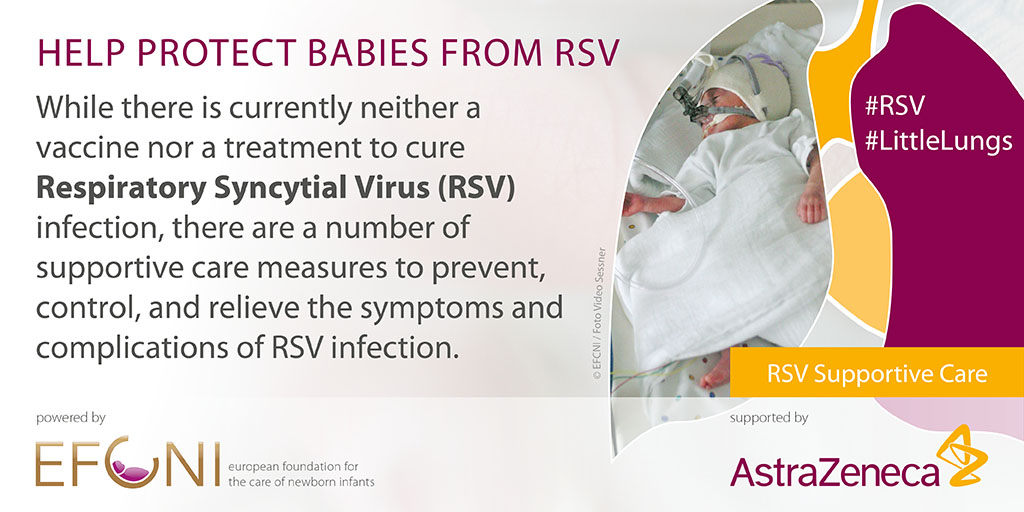
Respiratory Syncytial Virus Rsv In Preterm And Ill Infants Efcni

Protect Your Babies From Rsv The Warning Signs

Respiratory Syncytial Virus Rsv In Preterm And Ill Infants Efcni
Protecting Your Child From Rsv Children S Minnesota

Respiratory Syncytial Virus Rsv
/cloudfront-us-east-1.images.arcpublishing.com/gray/KRLS56JR7BHNTBUR6EGBCIRBOY.JPG)
Baby Hospitalized With Virus After Doctors Repeatedly Send Her Home

Mommy Maestra Protect Your Child From Rsv

Roseola Infantum Pediatrics Msd Manual Professional Edition

Rsv In Babies And Toddlers Symptoms And Treatment Pampers
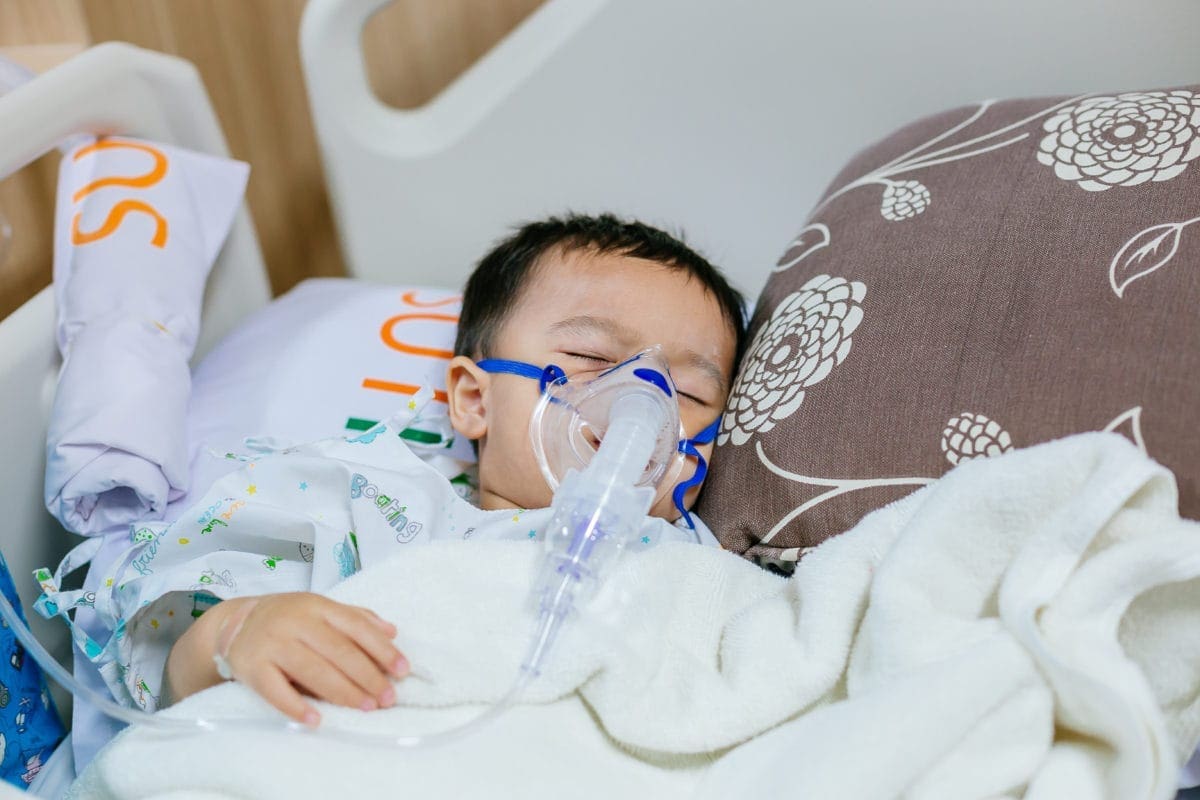
Respiratory Syncytial Virus Rsv Rsv Symptoms Familydoctor Org

Rsv In Babies And Children Children S Healthcare Of Atlanta
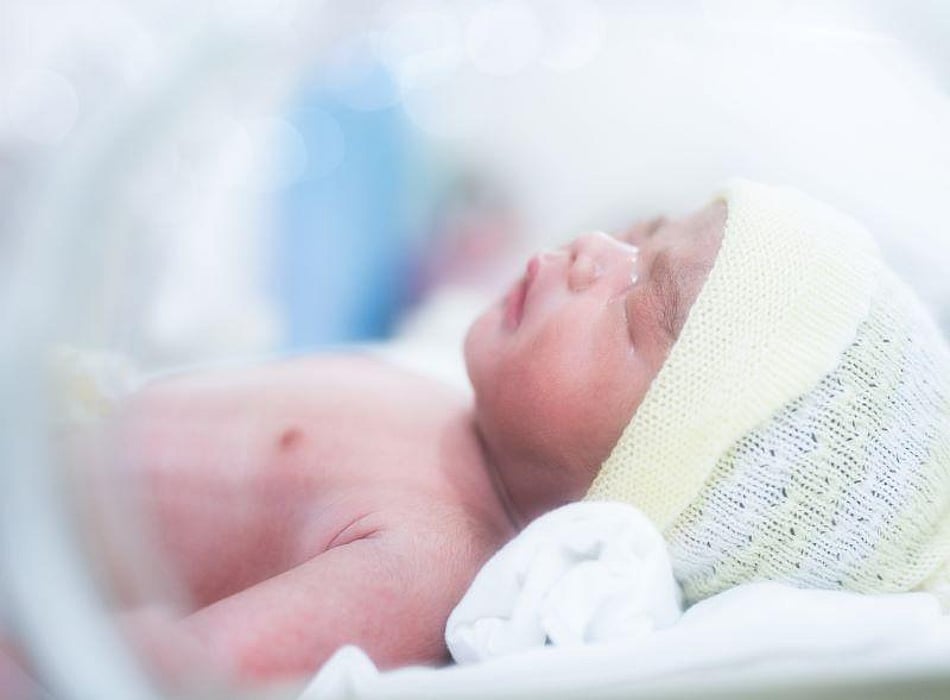
Nirsevimab Protects Against Rsv In Late Preterm Term Infants Consumer Health News Healthday
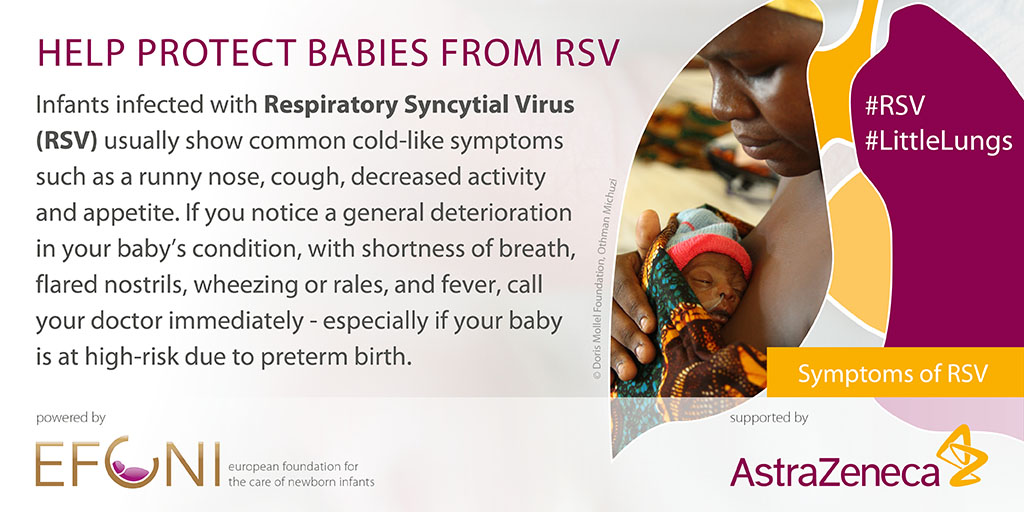
Respiratory Syncytial Virus Rsv In Preterm And Ill Infants Efcni
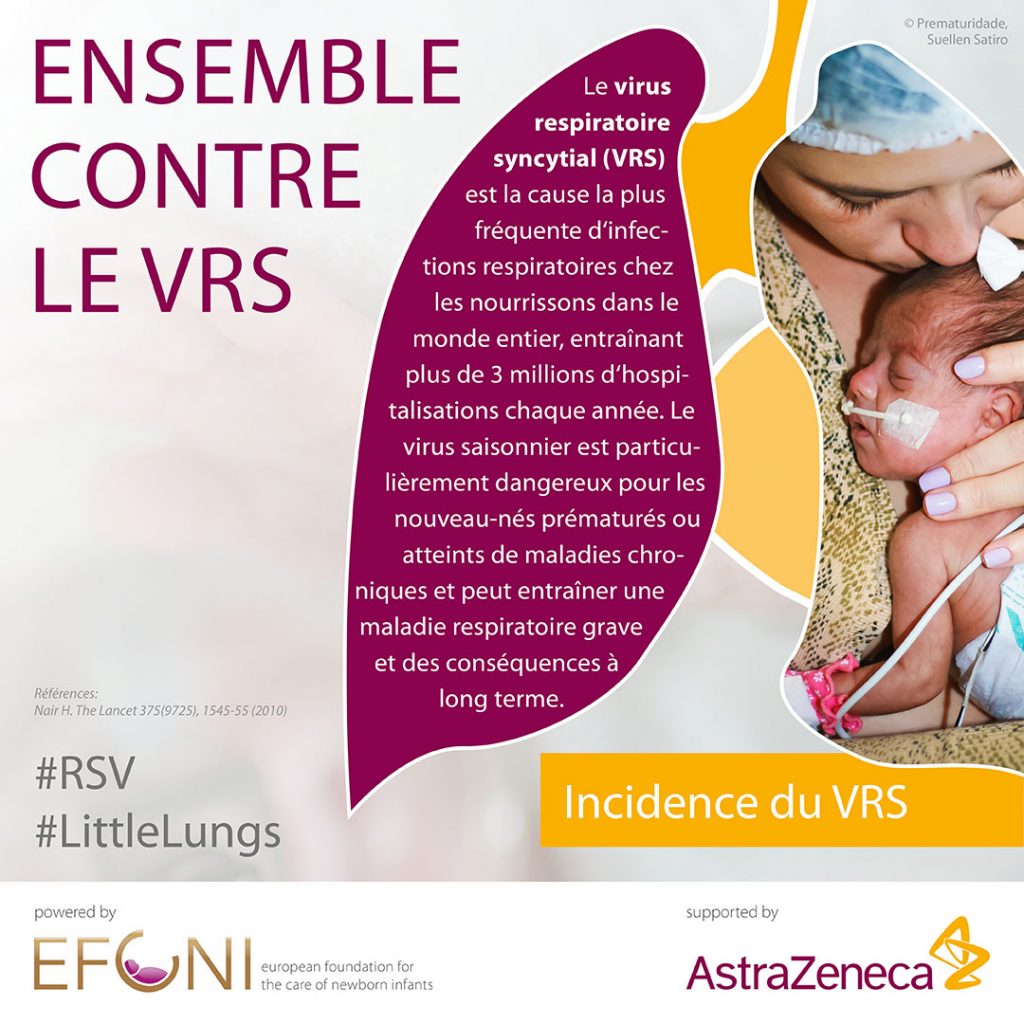
Respiratory Syncytial Virus Rsv In Preterm And Ill Infants Efcni
